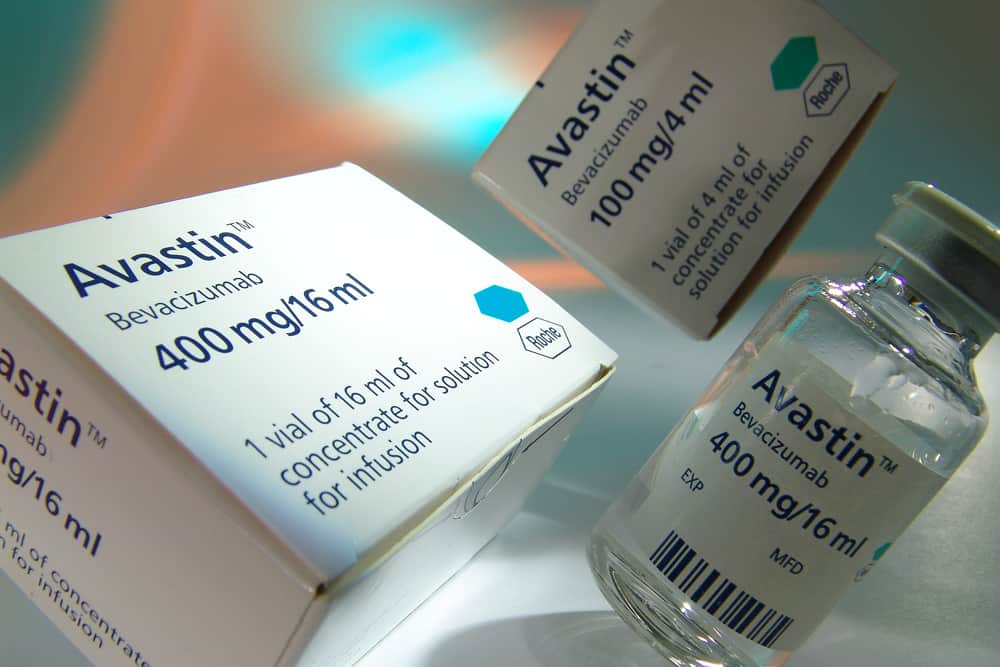
NHS failed to use extra cancer drug funds
pharmafile | June 17, 2011 | News story | Sales and Marketing | Cancer, Cancer Drugs Fund, Erbitux, avastin
The million pound fund set up to increase NHS uptake of new cancer drugs was widely underused, with just over half of the allocated money spent, according to a leading cancer charity.
The Cancer Drugs Fund was available between October 2010 to March 2011 and gave the health service an extra £50 million to help extend access to new cancer medicines, especially those not recommended by NICE.
But the Rarer Cancers Foundation has found that only £27.5 million of this interim Fund was spent, despite 91% of applications being approved, meaning that not as many patients or their doctors were applying for the Fund as the government initially expected.
The Rarer Cancers Foundation said this could be because of excessive bureaucracy, and a variation in willingness for doctors to apply for the Fund for their patients.
The charity’s report does show that awareness of the fund increased the longer it ran for, with 773 applications in March alone.
Their report also shows that 187 patients were denied access to cancer drugs in all, although the vast majority – 2,506 in all – did receive funding.
It also revealed a north-south divide in approvals, with health bodies in the south of England approving a lower proportion of applications.
Andrew Wilson, chief executive of the Foundation, said it was ‘great news’ that thousands of patients have benefited from the Fund.
“However,” he added, “We are concerned that nearly two hundred patients have been denied life-extending treatment, despite money going unspent and the emergence of significant regional variations in approval rates.”
The Fund is used specifically for patients who have applied to their local health body for an individual funding request and been turned down.
The £50 million ‘interim’ fund was replaced in April this year by an annual £200 million Fund that will stay in place until 2014, when the government’s new value based pricing system is set to take over from NICE.
Wilson said that his Foundation was ‘broadly behind’ VBP, but it would need to take on the lessons learnt by the Cancer Drugs Fund to maximise uptake.
It also noted that the GP consortia groups and re-defined PCT clusters should work together to develop ‘robust processes’ for using the Fund in the coming years.
Avastin most requested drug
By far the most requested drug under the interim Fund was Roche’s Avastin (bevacizumab) – currently not recommended by NICE for use on the NHS due to its high cost.
Avastin is licenced in the EU to treat certain cancers of the kidney, brain, rectum, lungs and breast, and patients in England accessing the drug through the Fund used it for all of these indications.
The second highest drug across England was Merck’s Erbitux (cetuximab), licenced for certain types of advanced rectal cancer and squamous cell head and neck cancers.
Overall, the most common forms of cancer treatment applied for was of the bowel, blood and kidney.
Ben Adams
Related Content

Geneos Therapeutics shares data from phase 1/2 trial for cancer vaccine
Geneos Therapeutics has announced that it has published positive safety, immunogenicity and efficacy data from …

Curve Therapeutics’ CSO publishes research on HIF inhibition for cancer treatment
Curve Therapeutics has announced that its chief scientific officer, Professor Ali Tavassoli has published research …

Verastem Oncology gains Fast Track Designation for combination NSCLC treatment
Verastem Oncology has announced that the US Food and Drug Administration (FDA) has granted Fast …








